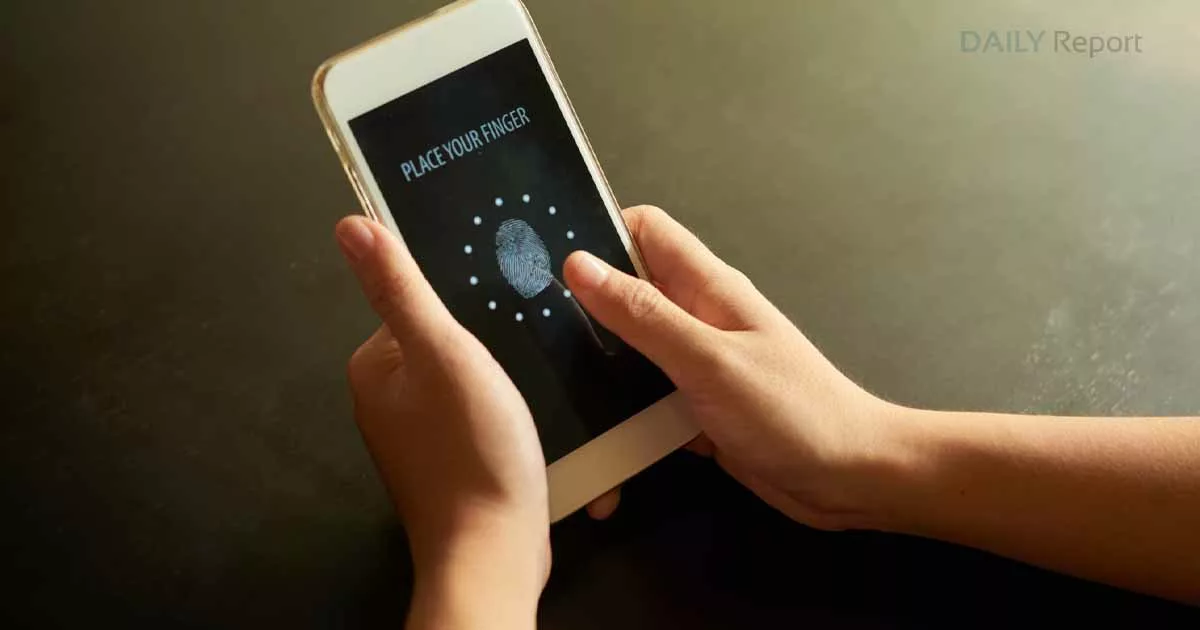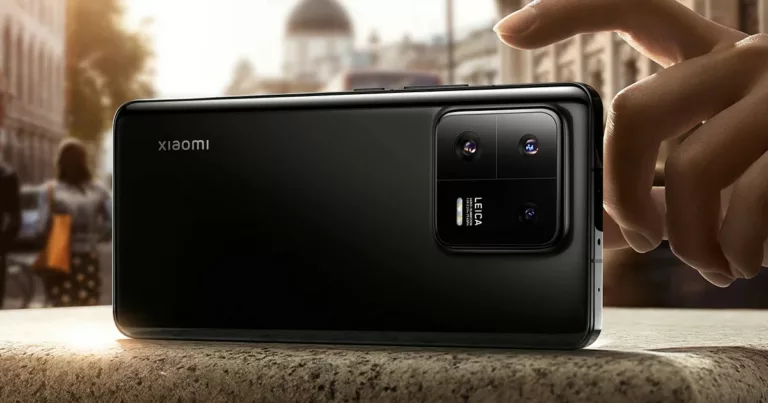The Impact of Biometric Authentication on Mobile Security 2023
In recent years, the proliferation of mobile devices has transformed the way we live and interact with the world. From personal communication to financial transactions, smartphones have become an essential part of our daily lives. With this increased reliance on mobile technology, the need for robust security measures has become more crucial than ever before.
Traditional methods of password-based authentication have proven to be vulnerable to various threats, leading to a rise in the adoption of biometric authentication on mobile devices. Biometric authentication utilizes unique physiological or behavioral characteristics to verify an individual’s identity, offering a more secure and convenient way to protect sensitive information. In this blog post, we will explore the impact of biometric authentication on mobile security, examining its benefits, challenges, and future prospects.
The Rise of Biometric Authentication
Passwords have long been the primary method of user authentication across various digital platforms. However, the vulnerabilities associated with passwords, such as weak or reused passwords, have made them a prime target for cybercriminals. Phishing attacks, keyloggers, and brute-force attacks have all exploited the weaknesses of traditional password-based authentication. Biometric authentication provides an alternative solution by leveraging the unique characteristics of individuals, making it significantly harder for unauthorized access.
Biometric authentication methods commonly used on mobile devices include fingerprint recognition, facial recognition, iris scanning, and voice recognition. These methods rely on physiological or behavioral traits that are difficult to replicate, offering a higher level of security compared to passwords.
Enhancing Mobile Security
One of the significant advantages of biometric authentication is its potential to enhance mobile security. Unlike passwords, which can be easily forgotten or shared, biometric traits are inherent to individuals and are not easily transferable. This uniqueness makes it challenging for unauthorized users to gain access to mobile devices and the sensitive data they contain.
Moreover, biometric authentication offers an added layer of convenience for mobile users. Instead of having to remember and enter complex passwords, users can simply use their fingerprint, face, or voice to unlock their devices or authorize transactions. This streamlined authentication process reduces the chances of human error and improves the overall user experience.
Another critical aspect of biometric authentication is its ability to provide continuous authentication. Traditional authentication methods, such as passwords, typically require a one-time verification during the login process. However, biometric authentication can continuously authenticate the user throughout their mobile session, adding an extra level of security. This continuous authentication can detect anomalies or unauthorized access attempts, allowing for immediate action to mitigate potential threats.
Challenges and Limitations
While biometric authentication offers significant advantages, it is not without its challenges and limitations. One of the primary concerns is the potential compromise of biometric data. Unlike passwords, which can be easily changed if compromised, biometric data is unique to individuals and cannot be altered. If biometric data is breached, it poses a long-term security risk for individuals, as it cannot be reset like a password.
Additionally, there have been instances where biometric authentication systems have been fooled by spoofing techniques. For example, high-resolution photographs or 3D printed replicas have been used to deceive facial recognition systems. This highlights the need for continuous improvement and innovation in biometric technologies to stay ahead of potential threats.
Another challenge is the lack of standardization across different mobile devices and platforms. While many smartphones have integrated biometric authentication capabilities, there is a lack of interoperability between different devices and operating systems. This fragmentation limits the widespread adoption of biometric authentication and hampers its effectiveness as a universal security measure.
Future Prospects
Despite the challenges, the future prospects of biometric authentication in mobile security look promising. Rapid advancements in technology, such as machine learning and artificial intelligence, are driving innovation in biometric authentication. These advancements enable more accurate recognition and detection of biometric traits, reducing the chances of false positives or spoofing.
Furthermore, the emergence of multimodal biometric authentication, which combines multiple biometric traits for authentication, adds an additional layer of security. By using a combination of fingerprint, face, and voice recognition, for example, the accuracy and reliability of biometric authentication can be significantly enhanced.
The adoption of biometric authentication is also being fueled by regulatory frameworks and standards. Governments and regulatory bodies are recognizing the importance of biometric security and are implementing guidelines to ensure its proper use and protection. These regulations help build trust and confidence among users, further driving the adoption of biometric authentication in mobile security.
Conclusion
Biometric authentication is revolutionizing mobile security by providing a more secure and convenient method of user authentication. Its unique ability to leverage physiological and behavioral traits makes it challenging for unauthorized access and significantly reduces the risks associated with password-based authentication. While there are challenges and limitations to overcome, the rapid advancements in technology and the growing regulatory support indicate a promising future for biometric authentication. As mobile devices continue to play an increasingly central role in our lives, biometric authentication will be instrumental in safeguarding sensitive information and ensuring a secure digital environment for users worldwide.







